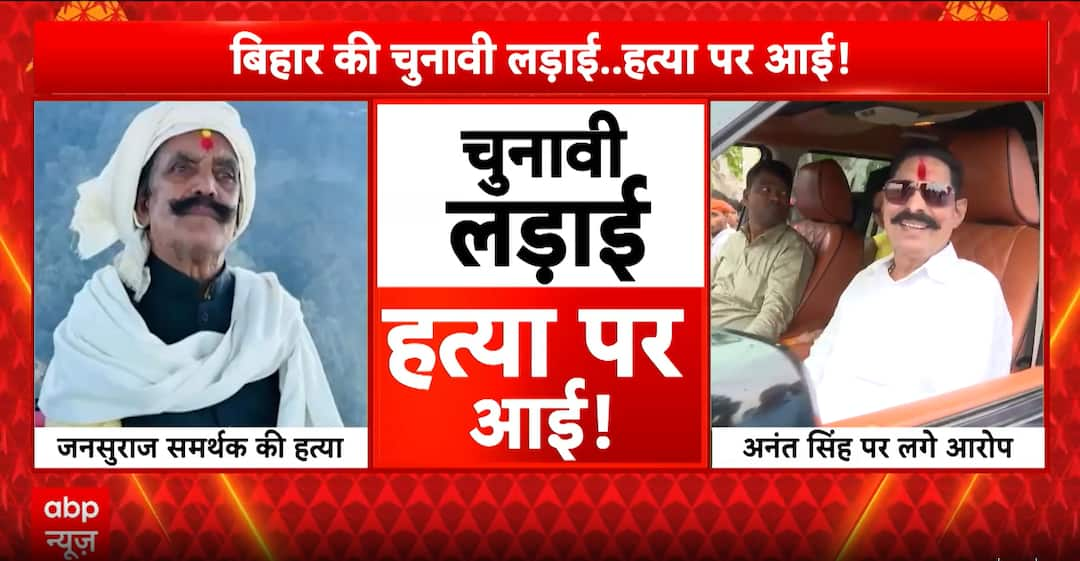There’s a reason the British monarchy still exists while its European cousins were sent packing—or worse, beheaded. The French built guillotines, the Russians built firing squads, but the British built committees. Even when they dethrone their own, they do it with a press release and polite applause. So when King Charles III ordered his younger brother, Prince Andrew, to surrender all his royal titles, it wasn’t a revolution. It was continuity, British-style—the quiet, tea-sipping evolution that has kept the Crown alive for a thousand years.
On 30 October 2025, Buckingham Palace confirmed that Charles had “initiated a formal process to remove the Style, Titles and Honours of Prince Andrew.” In plain English: Andrew Albert Christian Edward is no longer “His Royal Highness” or “Prince Andrew.” He is now Andrew Mountbatten-Windsor, stripped of pomp but still swimming in privilege. The decision also evicts him from his 30-room home at Royal Lodge, Windsor, relocating him to more modest quarters on the Sandringham estate—royal exile by British standards, which is to say, with central heating and horses. The statement emphasised that this was done “notwithstanding” Andrew’s denials and was “deemed necessary” out of sympathy for victims. It was a sentence that could have been drafted by both a lawyer and a butler. Yet the subtext was clear: the monarchy would rather amputate than let rot set in.
A rare royal amputation
The last time Britain forcibly removed royal titles was more than a century ago, when Prince Ernest Augustus and Prince Charles Edward were stripped of their honours in 1919 for fighting on the wrong side of World War I. Back then, Parliament had to invent a law—the Titles Deprivation Act 1917—to make it happen. Before that, stripping a prince of his titles was the stuff of Tudor intrigue or civil war. Since then, even when royals erred, they were more likely to be rehabilitated than repudiated.Princess Patricia of Connaught voluntarily renounced her HRH in 1919 to marry a commoner, while Edward VIII in 1936 chose love over the throne, abdicating to marry Wallis Simpson. Britain handled even that seismic scandal not with blood but with bureaucracy. Parliament passed the Abdication Act, and George VI promptly made his ex-king brother the Duke of Windsor. Wallis, however, was denied the style “Her Royal Highness”—a snub that said more about British cruelty than French efficiency ever could.
The monarchy that bent, not broke
That’s the thing about the Windsors: they bend like willow branches in a gale. Europe’s monarchies fell because they were rigid; Britain’s survived because it knew how to yield. There were no mobs storming Buckingham Palace, no guillotines on the Mall. Even Oliver Cromwell’s republic—a 17th-century attempt to cancel the monarchy—barely lasted a decade before Britain collectively decided that having a king was less exhausting than having a committee.In the modern era, royal demotions have been tidier still. Princess Diana lost the style “Her Royal Highness” after her 1996 divorce but remained “Princess of Wales.” Harry and Meghan agreed in 2020 to stop using their HRH titles after stepping back from duties, though they remain Duke and Duchess of Sussex—proof that in Britain, one can quit the job but keep the brand.
From Duke to “Andrew Mountbatten-Windsor”
Prince Andrew’s fall from grace, however, has been Shakespearean in its completeness. In 2022, the Epstein scandal forced Buckingham Palace to strip him of military titles and royal patronages. He also agreed to stop using “Duke of York.” But the final act came in 2025, when King Charles formally severed his remaining ties to royalty.By royal decree, Andrew lost every title he held since 1986: Duke of York, Earl of Inverness, Baron Killyleagh—and, most significantly, the right to call himself “Prince” or “His Royal Highness.” His insignias in the Orders of the Garter and the Royal Victorian Order will be removed. The man once seventh in line to the throne now becomes a mere blood relative—a ghost at the royal banquet, tolerated but uninvited.
Still royal, but in name only
Under British law, his peerages technically still exist; Parliament hasn’t abolished them. But by convention, Andrew has agreed not to use them, a self-erasure that allows the monarchy to retain its dignity without constitutional chaos. He remains eighth in line to the throne and eligible—on paper—to be a Counsellor of State, though the palace made it clear he will never be asked. His daughters, Princess Beatrice and Princess Eugenie, keep their titles by birthright, proof that the sins of the father can be managed through a carefully worded disclaimer.
The genius of British survival
The beauty of the British monarchy lies in this theatre of restraint. They do not execute their princes; they quietly retire them. They do not burn down palaces; they issue Letters Patent. From Henry VIII’s decapitations to Charles III’s decrees, the Crown has learned that survival depends not on divine right but on timing—and the ability to reinvent itself just before the mob arrives.By stripping Andrew of his titles, King Charles has done what monarchs before him mastered: sacrificing the part to save the whole. The monarchy endures not because it is flawless, but because it is flexible. It doesn’t fall. It fades, reshapes, and rebrands.So, as Andrew Mountbatten-Windsor retreats to his quiet corner of Sandringham, the British monarchy carries on—unchopped, untoppled, and somehow still standing in a world that has outgrown kings. In France they lost their heads; in Britain, they merely lose their styles. And that, perhaps, is the secret to a thousand years of survival. Go to Source



